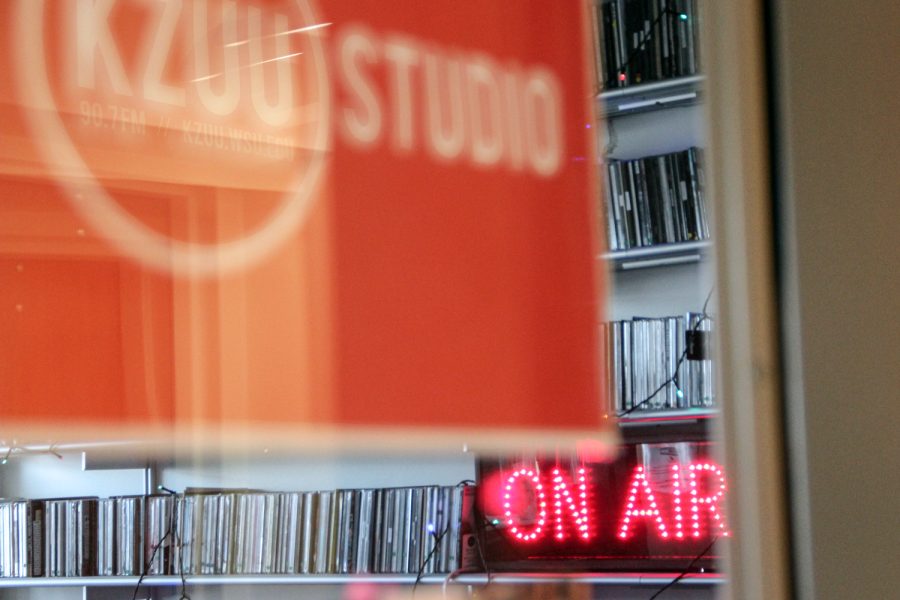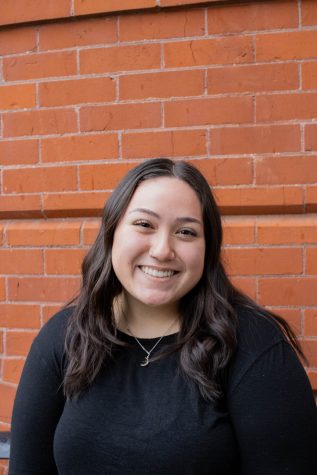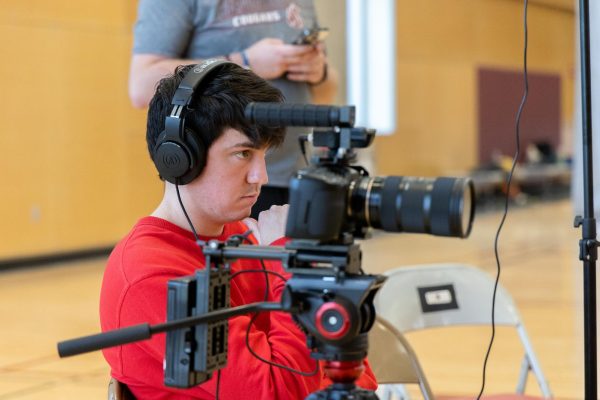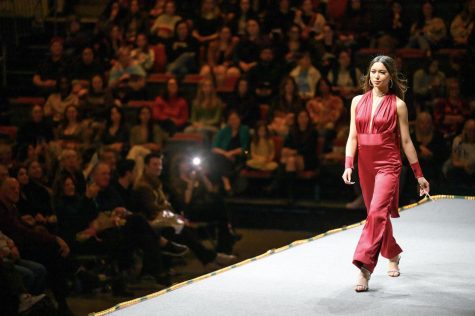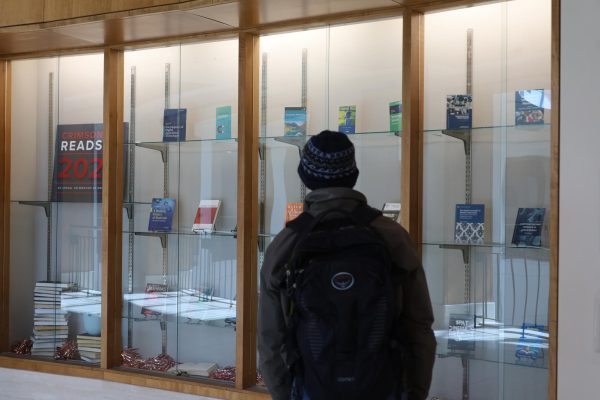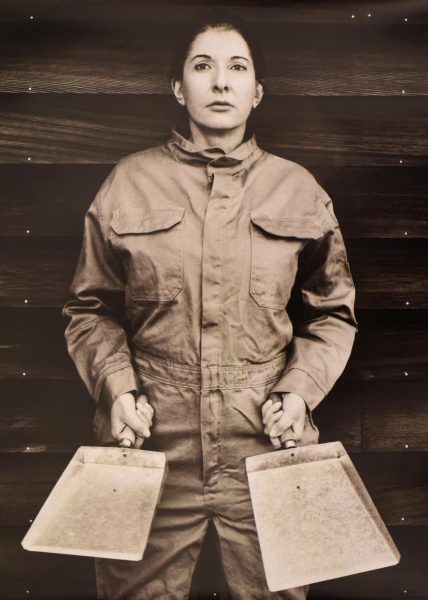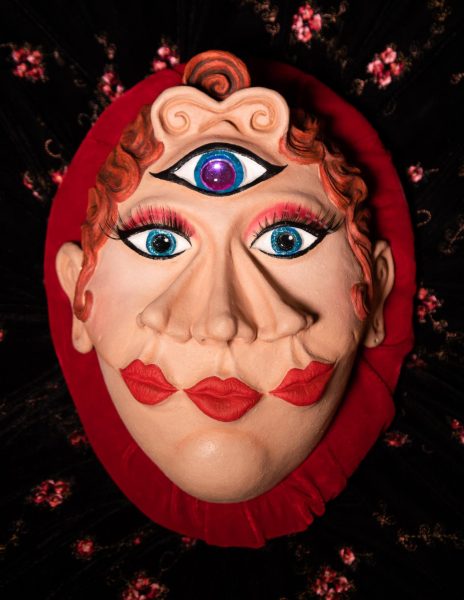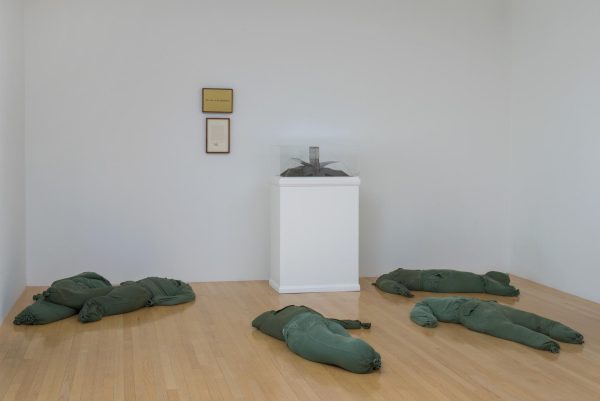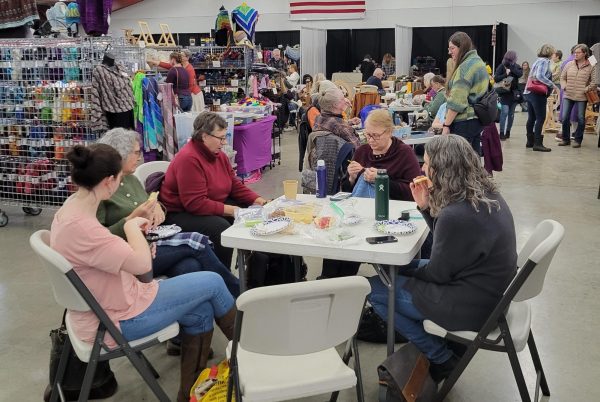Student-run radio station showcases underground music
KZUU allows underground artists to be on air, freedom of expression through music
KZUU radio allows underground artists to be heard.
September 7, 2022
If you are looking for a radio station where Billboard’s Top Hits are nonexistent, KZUU could be just what you’re looking for.
KZUU is a student-run radio station at WSU dedicated to playing underground and obscure music.
In 1977, Jon Etherton, Bill Stewart and Henry Huestis became the first leaders of KZUU as they were in search of an outlet that didn’t play mainstream music, according to an article in Washington State Magazine.
“It was kind of like a big ‘F U’ to corporate music at the time and still to this day,” said KZUU general manager Caden Blessing.
Mainstream music can be defined differently, but the station stays away from playing any top chart songs, Blessing said.
A unique aspect of KZUU is that the station caters to a wide variety of audiences.
“That’s one of the things I love about [KZUU] because it is so individualistic and the DJs can play … to whatever audience they want,” Blessing said.
Not all KZUU DJs are students, either. The roster includes a variety of DJs with different ages and interests, he said.
“I’m here to build a community [where] we are like-minded and have this same passion and love,” Blessing said. “I don’t care who you are, where you come from, let’s build this together.”
Blessing said he got his start at KZUU last year as a DJ, through which he was able to move up to general manager this year.
As a transfer student, the move to WSU was tough and KZUU offers a space to come as you are and play the music you want, which is therapeutic, Blessing said.
The freedom in what DJs can play is one reason DJ Colleen Hill (she/they) enjoys KZUU.
“I’ve had experience at other stations where you can only play certain songs that they own … and then it kind of limits your abilities,” Hill said.
For the most part, DJs can play whatever they want as long as it follows Federal Communications Commission guidelines, one of which prohibits explicit music on air, they said.
Hill has a show called “My Rage Retainer” which airs every Wednesday from 1-3 p.m.
“My Rage Retainer” is dedicated to showcasing women in music, so the playlist consists of only female singers and bands in an alternative genre, they said.
Hill said it is important to have a station like KZUU on campus because it has the power to personalize our experiences.
“I think the important part about college radio is sharing music and showing artists and listening to the type of music that you never really would have,” they said.
According to an article by Radio Media, not only do college radio stations allow for student expression and interaction with the community, but they also allow for more accessibility for local and underground artists to be heard.
Blessing noted that KZUU is frequently sent promotional CDs from underground artists asking the station to play them.
“We’re really trying to expose musicians that don’t have the platform that we have, and so we want to do the best that we can to play their music,” he said.
Listeners can tune in to KZUU on 90.7 FM and can see when each DJ is playing by looking at the schedule.


